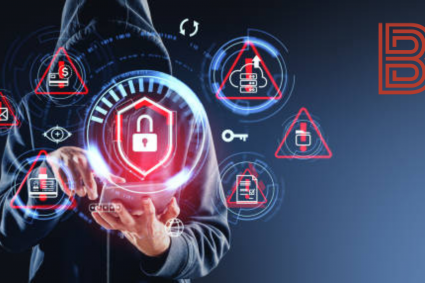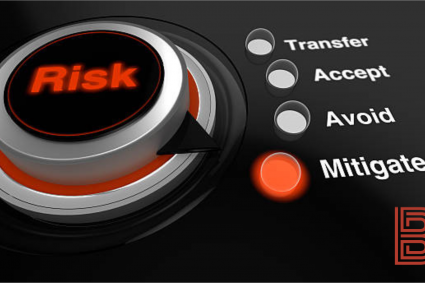
Personal risk assessment plays a crucial role in various aspects of daily life, encompassing health, finance, travel, career, and personal safety. It involves individuals identifying potential hazards, evaluating the likelihood and impact of those hazards, and making informed decisions to mitigate risks. This proactive approach enables individuals to navigate uncertainties more effectively, enhancing overall well-being and security.
In health, personal risk assessment is vital. For instance, individuals consider their family medical history, lifestyle choices, and environmental factors to determine their susceptibility to diseases. By understanding these risks, they can take preventive measures such as regular screenings, vaccinations, and adopting healthier habits.
Financial risk assessment is equally important. Individuals assess their income stability, investment choices, and debt levels to make sound financial decisions. This involves evaluating potential losses and setting up emergency funds or insurance policies to cushion against financial shocks.
When it comes to travel, personal risk assessment helps in choosing destinations and activities that are safe. Travelers consider factors such as political stability, health risks, and local crime rates. This ensures that they take necessary precautions, such as vaccinations or travel insurance, to avoid potential problems.
In the professional sphere, assessing career risks involves evaluating job security, industry trends, and potential for growth. This helps individuals in making strategic career moves, such as acquiring new skills or switching industries to ensure long-term career stability.
Personal safety is another critical area where risk assessment is applied. From choosing safe neighborhoods to assessing the risks of certain recreational activities, individuals constantly make decisions to protect themselves and their loved ones.
Personal risk assessment is an essential skill that enables individuals to anticipate and manage potential dangers in various facets of life. By understanding and mitigating risks, people can make more informed decisions, leading to greater security, stability, and overall well-being.
WWW.BARETZKY.NET




















